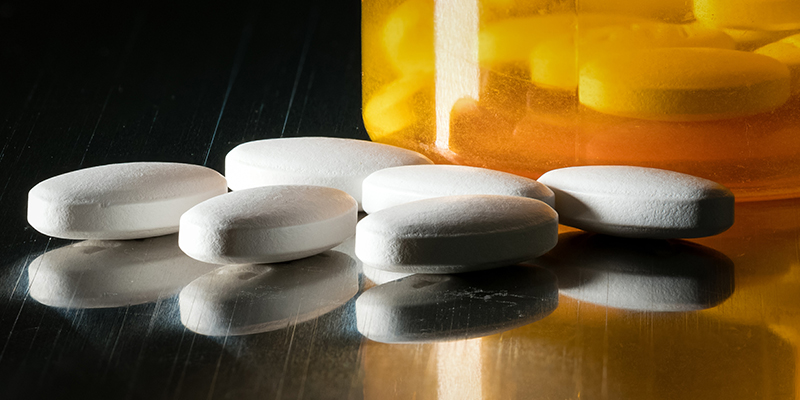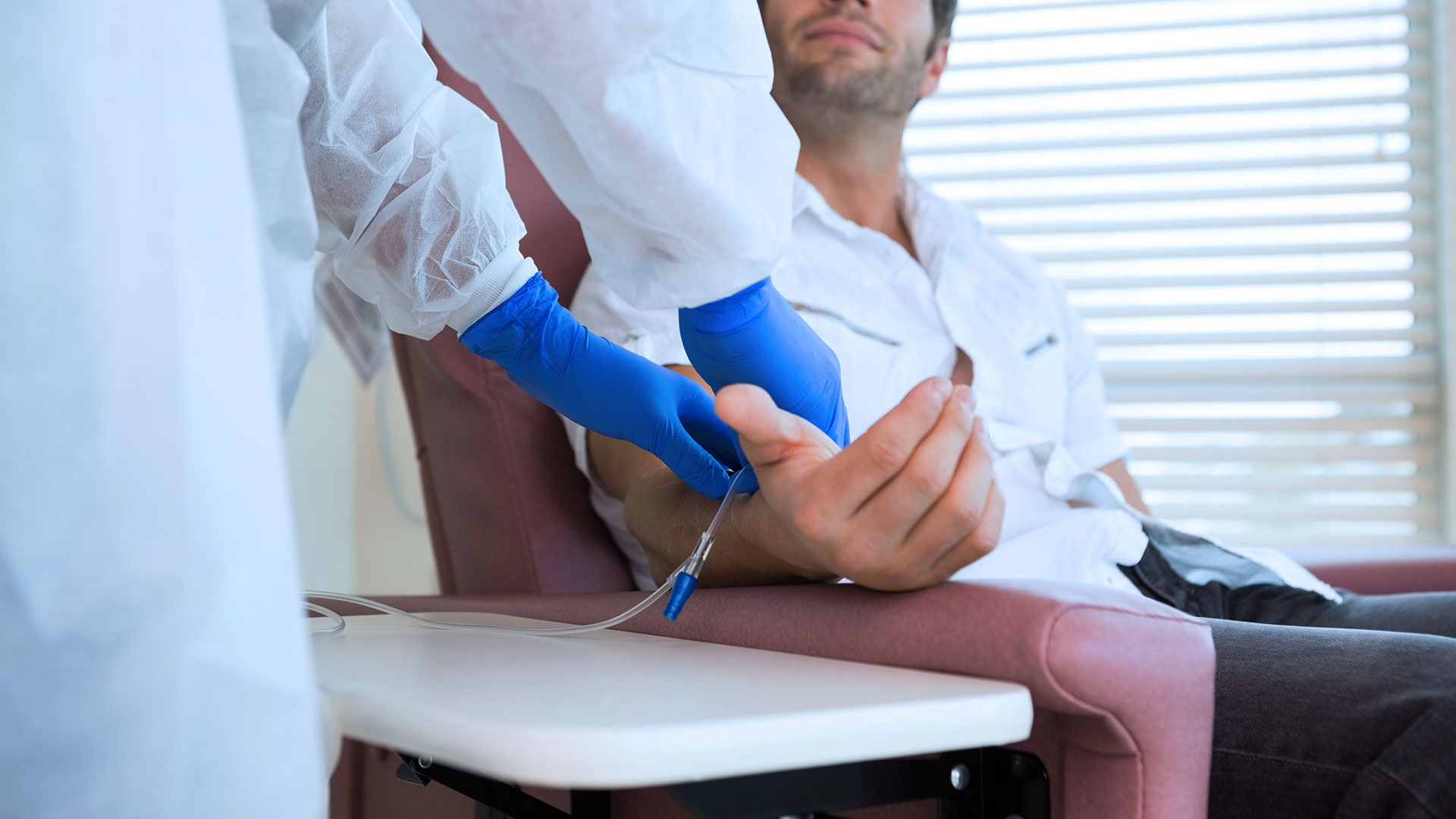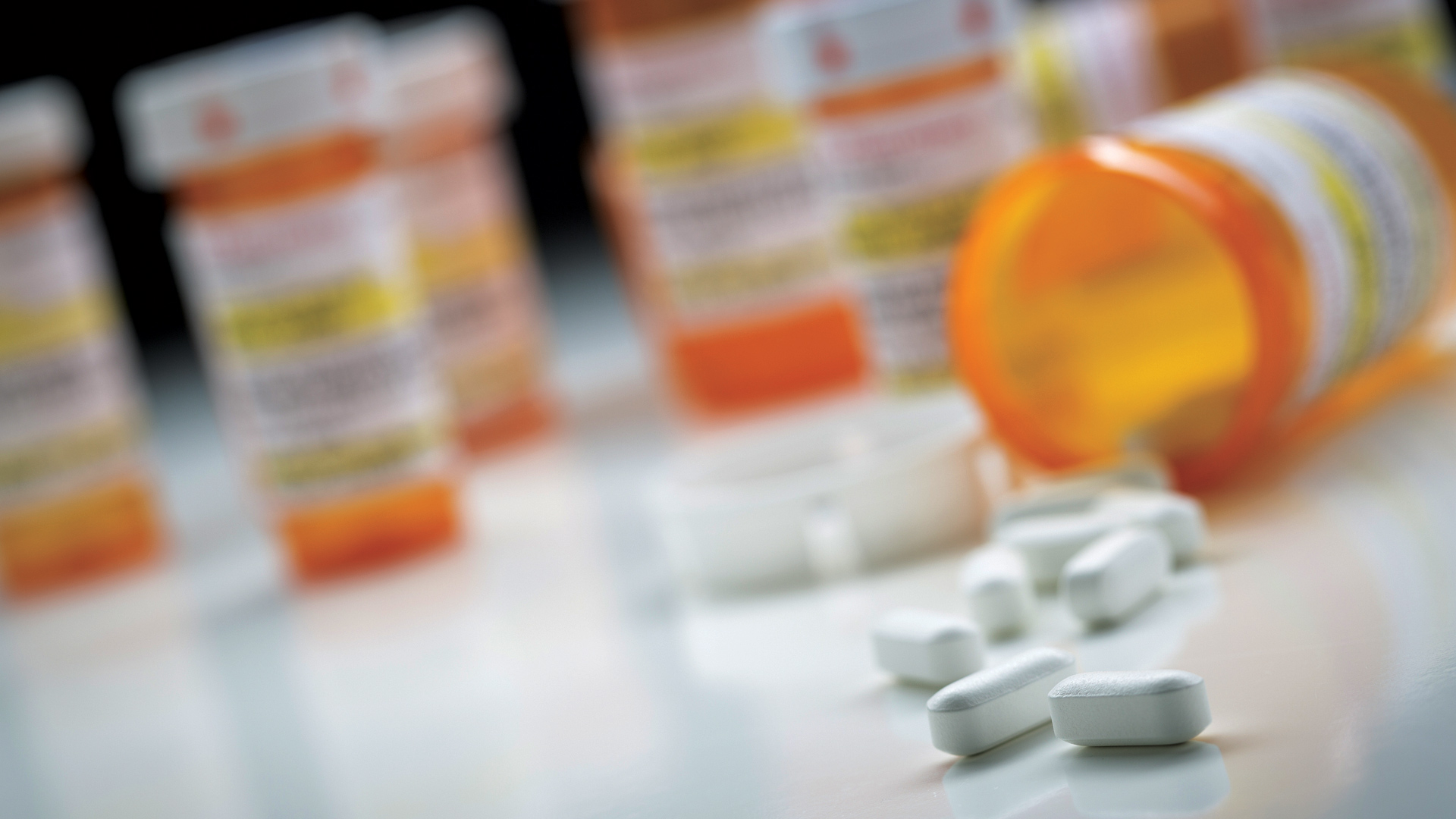01 Jul How Long Do Opiates Stay in Your System?
Table of Content
All substances derived from the opium poppy plant fall into the category commonly referred to as “opiates,” so how long do opiates stay in your system? The term itself is a broad one and can be broken down into more specific types. For example, codeine and morphine are taken directly from the plant and are considered natural opiates. While opiates like oxycodone and heroin are derived from these natural opiates and are considered synthetic.
Opiates, specifically prescription opioids, are frequently used in the medical field as pain medication (hydrocodone, oxycodone, morphine, fentanyl, etc). However, more and more of the general population are beginning to have illegal access to and use opiates for recreational use. Regardless of how a person is introduced to the drug (even when prescribed for severe pain), opiates can be highly addictive and can easily cause addiction or substance abuse, especially when used frequently and in large doses and may require medical detox depending on the severity.

Opiates are soluble in body fats and collect in the fatty tissues before being released into the blood. Due to this process, traces of opiates can be “stored” within the body. Different drug tests are able to detect drugs at varying lengths of time. Drugs are detectable in the saliva and blood following use for 6-12 hours. How long do opiates stay in your urine? For roughly 2-5 days; and via a hair follicle sample for up to 3 months.
It is common for people to be randomly screened for drugs/medications as part of their job, especially if their responsibilities involve operating machinery. Drug testing is also performed for people on probation or those in rehab or other drug treatment programs.
Below are testing times for four types of opiates. Although there are ways to help speed up the elimination process, there is no “quick fix” to ridding the body of drugs.
Codeine
Codeine is typically administered through a tablet or capsule as a prescription drug to relieve pain. It works immediately, but the effects fade quickly. If a person is prescribed 200 milligrams of codeine, the drug will peak at a half hour and have a half-life of approximately three hours.
Due its temporary effects, users often take more within the prescribed time frame or increase their dose, ignoring their original prescription. This type of opiate can be detected in the system through the blood, urine, saliva, or hair as follows:
-
- Blood Test = 1 day
- Urine Test = 1 – 2 days
- Saliva Test = 1 – 4 days
- Hair Test= 90 days
Hydrocodone
Hydrocodone is also often prescribed for pain relief with a half-life of approximately 4 hours for a dose of 10 milligrams. Withdrawal symptoms may kick about 6-12 hours after the last dose creating a person’s physical dependency on the drug. It is undetermined how long it can be detected in the system through a blood test, but it can be detected in urine, saliva, and hair.
- Urine Test = 2 – 4 days
- Saliva Test = 12 – 36 hours
- Hair Test = 90 days
Morphine
Morphine is another opiate used in hospitals or prescribed to alleviate pain. It can be administered through injections, tablets, suppositories, or liquid solutions. The half-life of morphine depends on the how the drug is administered, but typically, the drug is eliminated fully from the body within 24 hours.
- Blood Test = 12 hours
- Urine Test = 2 – 3 days
- Saliva Test = 4 days
- Hair Test = 90 days
Heroin
Heroin is not used in the medical or health industry and can take the longest time to be eliminated from the system. Heroin is a street drug used by snorting, smoking, or injection and delivers a short-lived euphoric high.
The thousands of people who turn to heroin following a prescription for one of the drugs mentioned above is increasing nationwide. According to the National Institute on Drug Abuse, 1 in 15 people who use nonmedical prescription opiates will try heroin within ten years. Heroin can be detected in the system for up to three months.
- Blood Test = 6 hours
- Urine Test = 2 – 7 days
- Saliva Test = 5 hours
- Hair Test = 90 days
What Factors Affect Opiate Detection?
The length of time opiates stay in the system is determined by what kind of opiates were used, how much was used, and how often the person used them. A person’s weight, age, and general health also play a part in how fast the body will metabolize and subsequently, excrete the drugs from the system.
- Metabolism rate: A person who has a more rapid metabolism can process and excrete the drugs faster. Faster metabolism is attributed to age, health, and body size of a person.
- Frequency and quantity of drug intake: When a person takes opiates frequently, there is likely to be more traces of it left behind than when taken in smaller doses.
These are the two most common factors that will affect how long opiates stay in the system. Therefore, a 20-something, 115 lb. female will most likely metabolize the drug faster than a female twice her age and twice her weight. The drugs can be processed quicker through the system and will result in as high of drug absorption as a person who weighs 230 lbs. who may not be in as good of health.
This is only an example as each person’s body will process drugs in different ways. While there are generalities to rely on when it comes to how long opiates can remain in the system, it’s not a hard and fast rule that can be applied to all.
Opiates and Addiction
Not everyone who uses opiates automatically becomes addicted. When administered and monitored properly within a hospital environment, opiates may be used for surgeries and other medical procedures. In these situations, use is properly regulated by medical professionals. Opiate use for recreational purposes or self-medication is when the chance for addiction is more likely to occur.
Simply put, addiction is when a person is unable to stop using drugs. It often affects their work life, personal relationships, and other regular obligations. Addiction occurs after a person has become physically dependent on a drug to function and feel normal.
Although physical dependency does not have the same definition of addiction, it often accompanies it. A chronic user may eventually build up a tolerance of a drug, making addiction imminent. As a person continues to use, their body will require more of the drug at an increased rate to feel the same effects as before.
Who Is Subject to Addiction?
Each person has a different addiction story and will face individual challenges. Young adults are more prone to trying drugs because of peer pressure and will be at risk for addiction due to their lack of drug addiction awareness. They might believe “one time” won’t hurt them or that their drug use isn’t at the problematic level which will affect them in the long run. They may also combine the use of other substances when using opiates, such as alcohol or marijuana, putting them at a higher risk.
Recently, drug abuse among adults has risen, beginning at the prescription level. A person who is legally prescribed painkillers may develop cravings or become dependent on the drug and then, illegally seek it out when their prescription runs out or when they can no longer obtain it from their doctor. Likewise, a person who does not hold a prescription for opiates may seek it out at any cost necessary from someone who has access to them.
This dangerous substance related behavior is one of the reasons for increased use of heroin in affluent neighborhoods across the country, most notably the South. Reports out of Atlanta have shown heroin use as an increasing epidemic, one of which is of national concern. The distribution and use of it has filtered out of the inner city and has become more commonplace in suburban areas. One reason is because it’s become easier to obtain than prescribed opiates and is far less expensive.
Overdose due to prescription medication is the leading cause of accidental death in America. Any and every time a person uses opiates, they face numerous risks. Both misuse of prescription opiates and illegal use of heroin is fatal at all levels.
Detoxification and Rehabilitation
The time it takes for opioids to be excreted from the body is more time than drug abusers take between doses. Because of this, opiate detox is necessary to fully rid the body of the drug and to ensure that it isn’t being replenished.
Addicts avoid drug withdrawal for several reasons. They may not be ready to quit using. They don’t think their drug behavior is a problem. Or, they fear the unpleasant withdrawal symptoms associated when the body no longer can get its “fix.”
Opioid withdrawal symptoms like vomiting and cramps are strongest in the first few days, which can lead a person to relapse. Although the process isn’t a comfortable one, it is doable and even more successful when done in a healthy, supportive environment.
The makeup of the body changes after a person has become addicted to drugs. It changes how the brain functions and weakens or damages other organs and muscles. Due to the health risks involved with drug dependency, it’s wisest to have a medical professional supervise if you or a loved one decides to go through the withdrawal process.
Medical monitoring can prevent any adverse reactions uncommon to the process, and medication can be safely administered to ease the pain if needed. When under the supervision of someone experienced with helping addicts detox, it can make it as smooth and comfortable as possible.
Types of Treatment
Detox and treatment are difficult and require ongoing support in order to achieve sobriety. Inpatient treatment is an option for people who wish to recover from drug addiction. With inpatient care, patients have access to fully-trained staff and resources to help them understand and overcome their addiction. The choice for inpatient care is when a person dedicates a specific amount of time to the process and living in this predetermined environment. In some instances, it can be seen as an extra benefit when a person is physically removed from their toxic environment and free from harmful influences.
Outpatient care is a second option for those who do not wish to take up temporary residency as with inpatient care. Certain people may not want to be separated from their comfortable environment and current support, opting for this route for their recovery. In many situations, addicts choose a combination of both.

Rehabilitation takes place after detox to help rebuild the body and mind in order for a person to continue with life healthier and drug free. Rehab often takes place in the same facility as the detox process, but there are options available to accommodate each individual’s needs.
If you are choosing a facility for your loved one, consider their needs and which type of care will benefit them most for ongoing care and support. Detox will always be the first step whether a person chooses inpatient or outpatient care, but finding the right facility is detrimental to the recovery process. If they don’t feel comfortable where they are, they’ll be more likely to relapse.
Rehabilitation and recovery will include treatments such as individual and/or group therapy, addiction education, and life skills to help a person once treatment is complete. Knowing where addiction stems from and the triggers that make people want to use will assist in finding healthy alternatives and coping mechanisms to use in the future.
The goal of any treatment is to create a life free of drugs and actively pursue sobriety. The first steps can be the toughest, but with a customized plan of action, it can make the transition a little easier. There might be setbacks and recovery may not happen as quickly as originally intended, but we are here to help every step of the way. We provide the support you can count on and respect each person’s path to recovery.
Sources:
Lautieri, Amanda. “How Long Do Opiates Stay in Your System?”American Addiction Centers. 28 Feb. 2019. https://americanaddictioncenters.org/prescription-drugs/how-long-in-system
Elkins, Chris. “How Long Do Opiates & Opioids Stay in Your System?” Advanced Recovery Systems. 30 May 2018. 28 Feb. 2019. https://www.drugrehab.com/how-long-do-opioids-stay-in-your-system/
“Opioid Testing” Lab Tests Online. 15 March 2018. 28 Feb. 2019. https://labtestsonline.org/tests/opioid-testing



 678-771-6411
678-771-6411



No Comments